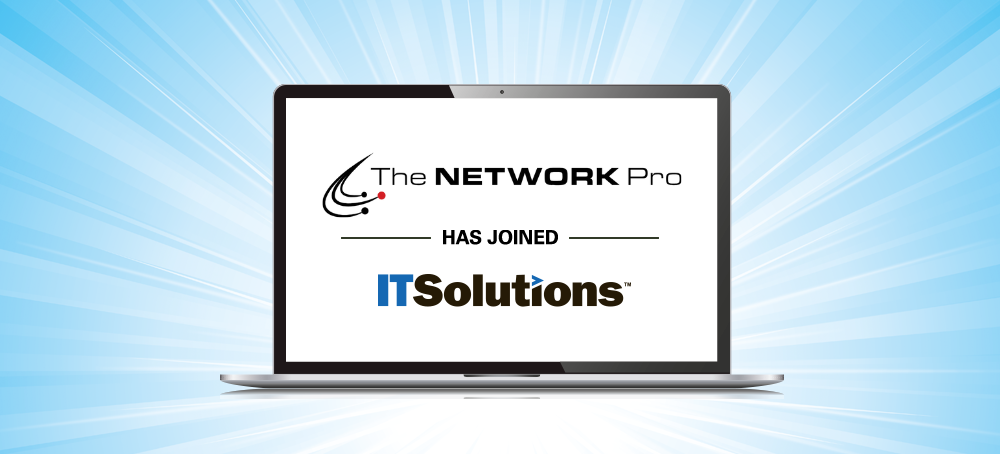In the modern age where remote work is the new normal, legal practices face a distinct set of hurdles. Beyond the shifts in daily operations, one threat demands a special focus: the ever-looming issue of cybersecurity.
Transitioning to a remote work environment has opened up a fresh realm of security vulnerabilities. Law firms, due to the sheer amount of sensitive data they hold, are increasingly being targeted. Details about clients, information related to cases, and strategic plans are just a fraction of the vital data at risk.
As the digital threat landscape continually morphs and expands, it becomes increasingly necessary for law firms to adopt stringent security measures that safeguard their clients and their data. Here are five key strategies that law firms should employ in this era of remote work:
Strengthen Access Control Measures
Every bit of information within the firm need not be accessible to all employees. A good place to begin is by strengthening access controls. Use methods like multi-factor authentication (MFA) to create additional barriers for cybercriminals attempting to gain unauthorized access to your systems.
MFA typically involves more than one method to verify a user’s identity, such as a password along with a unique code that expires after a short time. Access to sensitive data should be restricted to those who require it for their work, and any abnormal activity should set off instant alarms.
Ensure Systems and Applications are Regularly Updated
Old software is an attractive entry point for cybercriminals. To guard against this, it’s critical to have systems and applications that are current. Regular patches and updates not only enhance functionality but also rectify security loopholes that hackers might exploit.
Setting up automatic updates can help ensure that no system is left vulnerable due to oversight. Tools like a vulnerability scanner can help identify potential soft spots in your security.
Promote Cybersecurity Awareness Among Employees
Many security breaches are the result of human error, which can be reduced by investing in regular staff training. It’s vital that your team is educated about the fundamentals of cybersecurity, potential threats, and the protocols to follow if a security incident occurs.
Phishing simulation exercises can be very effective in training. These mimic actual phishing attempts, teaching your employees to identify and report them. A firm-wide culture of cybersecurity awareness can act as a solid line of defense.
Encrypt Communication Channels
With remote work, digital communication has become the norm. This could be via email, chat, or video meetings, but it’s important that these channels are secure. Encrypted communication helps prevent unauthorized parties from intercepting your data.
Make sure you’re using platforms known for their secure, end-to-end encryption. Remember, your security is only as robust as the weakest link, and unsecured communication can easily become that weak link.
Establish a Robust Backup and Recovery System
Despite the best preventative measures, breaches may still happen. Having a reliable backup and recovery system in place can limit the damage. Regularly back up all data and verify the effectiveness of the recovery process. Consider using secure cloud storage providers for additional security.
Your backups should ideally be encrypted and stored at a different location, ensuring that you can recover your data even if there is a physical disaster at your primary site.
Safeguarding law firms in the remote work era requires a hands-on approach. Starting from robust access controls to employee education and securing communication channels, these strategies are essential in maintaining a firm’s cybersecurity.
Security is not a one-time job but an ongoing process. Legal practices must remain vigilant, continually evaluating and upgrading their security measures to protect their priceless data.

